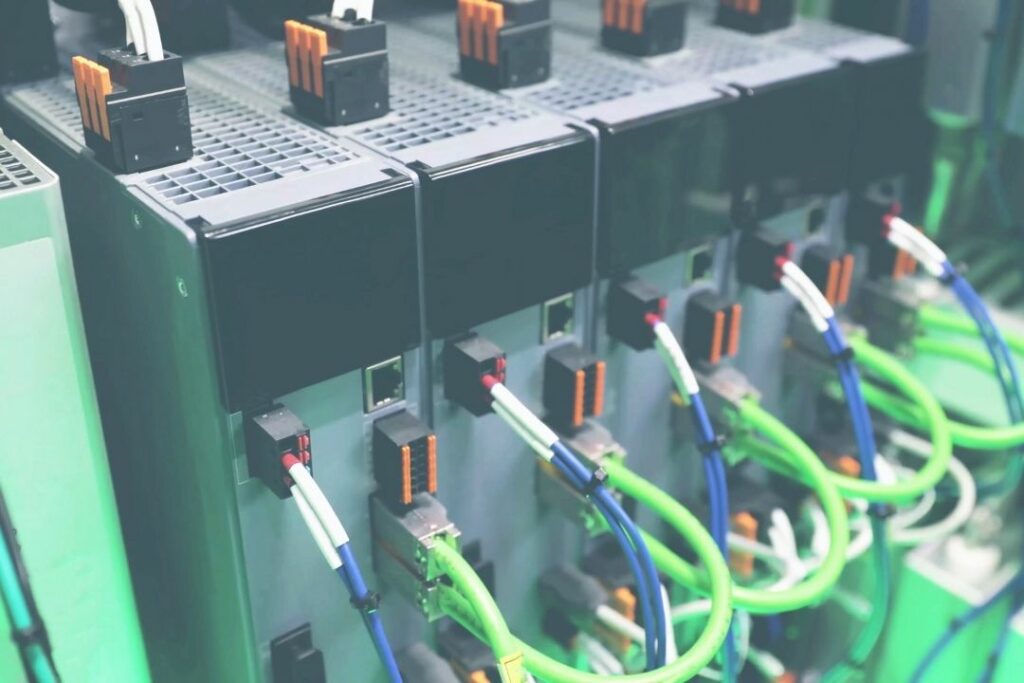
What exactly is a frequency converter? It’s an electrical device that converts one frequency to another. They help regulate speeds of motors that drive a pump or ran. The two most common types of converters are the solid-state converter and rotary converter.
Each type of frequency converter is used for several different applications within several different industries. Let’s dive deeper into what that looks like:
Industrial and Manufacturing
Some American manufactures make products for parts of the world that use 50 Hz frequency converters, unlike 60 Hz in the USA. Although the fabrication equipment itself uses 60 Hz, a 60-to-50 Hz converter is needed to test products in 50 Hz before shipment.
If this is not an option, an entire factory could switch to different sourcing, such as a different country with appropriate power frequencies. Time and money are usually issues at hand that affect this decision.
Research Labs and Universities
Universities, research facilities and government-related labs all require frequency converters. It’s essential that labs have clean, uninterrupted power. This can be in the form of a rotary frequency converter, solid state frequency converter or power line isolators.
A rotary converter will be used for larger applications, while solid is used for smaller applications. And while a rotary can be noisy, a solid can run quietly. These differences are considered for the industries and applications for frequency converters.
Aquatic, Aircraft, Space
Power converters can serve clients within the avionic and marine industries. Starting at 400 Hz, expanding into rotary and solid-state models, the converter will supply these large applications with clean and reliable sources of power.
For example, if a boat doesn’t have enough Hz or power, there can be glitches within electrical systems. This can be a concern for safety and comfort. Additionally, 400 Hz allows an airplane to get off the ground despite its weight.
Thanks to frequency converters, several different industries benefit from their applications and uses. Without these important converters, power glitches, expensive manufacturing and more trouble shooting would result. Thankfully, converters provide industries with consistent power and proper function.


